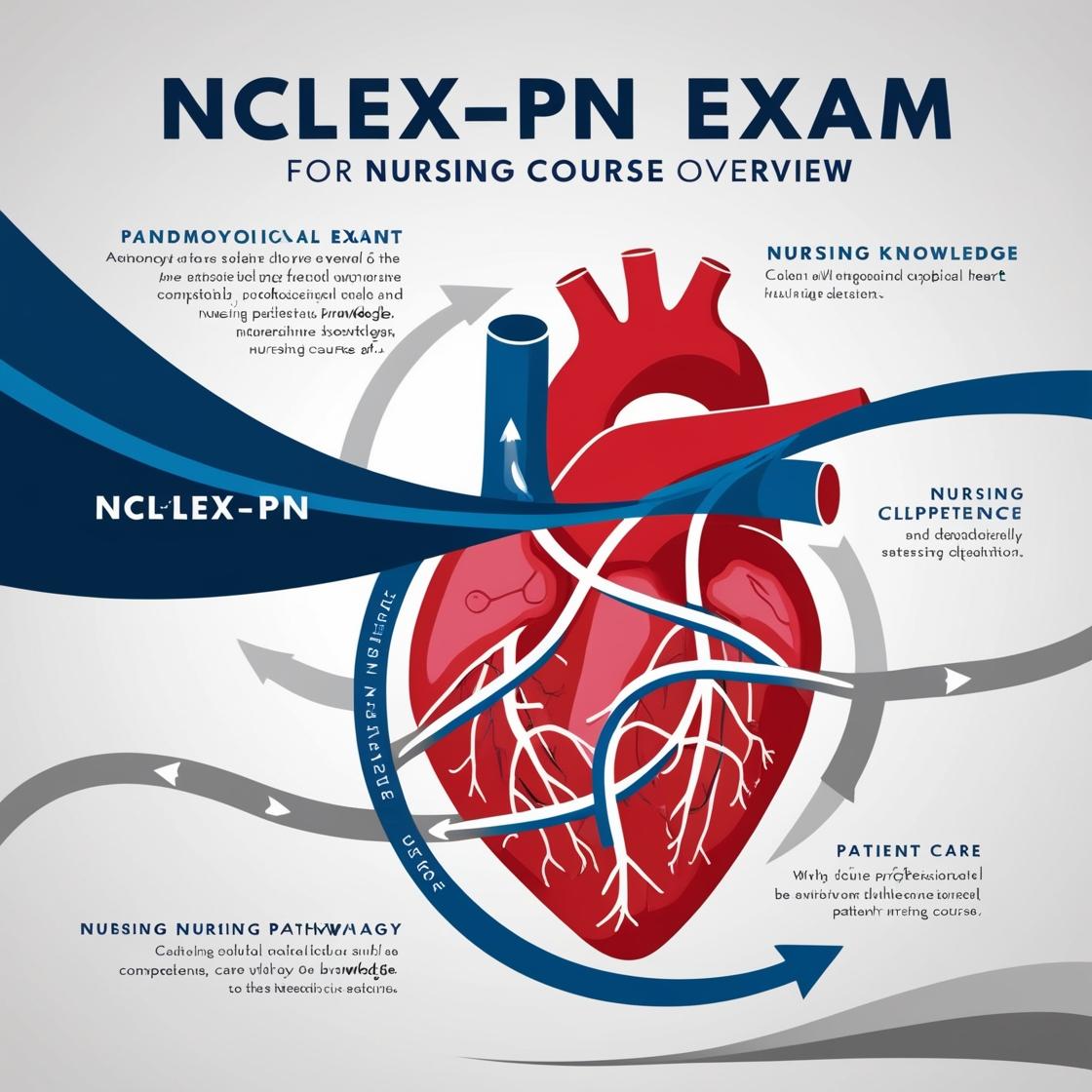NCLEX NCLEX-PN
Nclex 2024 Questions
1. The LPN is teaching a first-time mother about breastfeeding her newborn. Which statement, if made by the mother, would reflect that the teaching had been successful?
- A. "My baby should be having at least 4-6 wet diapers a day until 1 month."?
- B. "It's nice that breastfed babies eat a bit less than formula-fed babies."?
- C. "My baby should be nursing 8-12 times a day during this period."?
- D. "I'm a little nervous about my milk coming in tomorrow. I've heard it's uncomfortable."?
Correct answer: C
Rationale: The correct answer is, '"My baby should be nursing 8-12 times a day during this period."?' This statement indicates successful teaching because newborns should nurse 8-12 times during the newborn period to ensure they receive adequate nutrition and establish a good milk supply. This frequency helps in meeting the baby's demands for growth and development. Choice A is incorrect because while it mentions the appropriate number of wet diapers a day once the mother's milk comes in, it does not reflect successful teaching about breastfeeding frequency. Choice B is incorrect because it discusses feeding amounts in comparison to formula-fed babies, which is not a direct indicator of successful breastfeeding teaching. Choice D is incorrect because it focuses on the mother's concerns about milk coming in, not on understanding the feeding frequency needed for the newborn.
2. A client has been taking alprazolam (Xanax) for four years to manage anxiety. The client reports taking 0.5 mg four times a day. Which statement indicates that the client understands the nurse's teaching about discontinuing the medication?
- A. "I can drink alcohol now that I am decreasing my Xanax."?
- B. "I should not take another Xanax pill. Here is what is left of my last prescription."?
- C. "I should take three pills per day next week, then two pills for one week, then one pill for one week."?
- D. "I can expect to be sleepy for several days after stopping the medicine."?
Correct answer: C
Rationale: Explanation: When discontinuing alprazolam (Xanax) after long-term use, it is crucial to taper the dosage gradually to prevent withdrawal symptoms. The correct statement indicates an understanding of this by planning a structured decrease in dosage over time. Choice A is incorrect as drinking alcohol while decreasing Xanax can be dangerous and is not recommended. Choice B is incorrect as abruptly stopping Xanax is not safe and can lead to withdrawal symptoms. Choice D is incorrect as expecting to be sleepy for several days after stopping the medication does not address the need for a gradual tapering process to avoid withdrawal symptoms.
3. Which of the following is not one of the three universal spiritual needs?
- A. meaning and purpose
- B. love and relatedness
- C. forgiveness
- D. God's permission
Correct answer: D
Rationale: The three universal spiritual needs are meaning and purpose, love and relatedness, and forgiveness. These needs are commonly recognized across various belief systems and cultures. While the concept of God may be central to many religions, 'God's permission' is not considered a universal spiritual need. Seeking 'God's permission' is more specific to certain religious practices rather than a universally acknowledged spiritual need. Therefore, the correct answer is 'God's permission.' Choices A, B, and C are correct as they align with the generally accepted universal spiritual needs.
4. When teaching clients with a diagnosis of Schizophrenia nearing discharge from a residential care facility, what is an essential topic to include?
- A. pathophysiology of the disease and expected symptoms.
- B. how to recognize and manage symptoms of relapse.
- C. the need to take extra medication when feeling stressed.
- D. the importance of contact with follow-up care daily.
Correct answer: B
Rationale: When educating clients with Schizophrenia nearing discharge, it is crucial to focus on teaching them how to recognize and manage symptoms of relapse. Clients are usually aware of these symptoms, such as feeling anxious and overwhelmed, before the onset of psychosis. This early stage is vital for intervention, which involves finding a safe environment, seeking help, avoiding stressors, and reducing stimuli. Understanding and managing relapse symptoms empower clients to take proactive steps in their care. Choices A and C are not as immediate and practical as recognizing symptoms of relapse for client safety and well-being. While contact with follow-up care is important, it is not as urgent and specific as knowing how to manage relapse symptoms for immediate intervention.
5. The nurse is working with families who have been displaced by a fire in an apartment complex. What is the priority intervention during the initial assessment?
- A. Provide a liaison to meet housing needs.
- B. Attentively listen when clients describe their feelings.
- C. Offer nurturing support for clients who are confused by the events.
- D. Provide structure for clients exhibiting moderate to severe anxiety.
Correct answer: A
Rationale: The correct answer is to provide a liaison to meet housing needs. In the initial assessment after a disaster like a fire, ensuring basic needs such as housing, clothing, and food are met is the priority. Once the physical needs are addressed, the nurse can then focus on assisting clients in managing the psychological effects of loss. Choices B, C, and D are not the priority during the initial assessment as addressing housing needs should come first to provide a sense of stability and security for the affected families.

Access More Features
NCLEX PN Basic
$69.99/ 30 days
- 5,000 Questions with answers
- Comprehensive NCLEX coverage
- 30 days access
NCLEX PN Premium
$149.99/ 90 days
- 5,000 Questions with answers
- Comprehensive NCLEX coverage
- 90 days access
